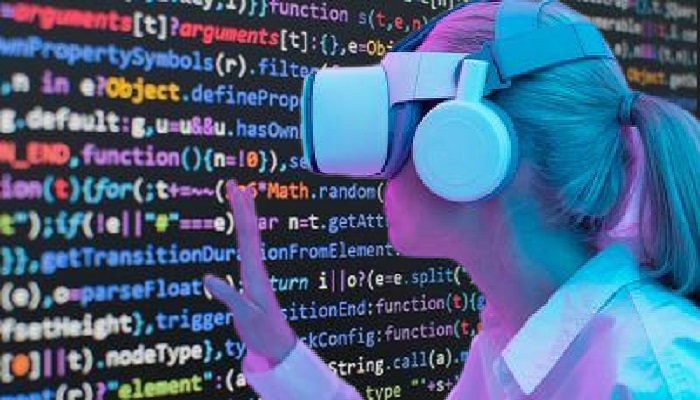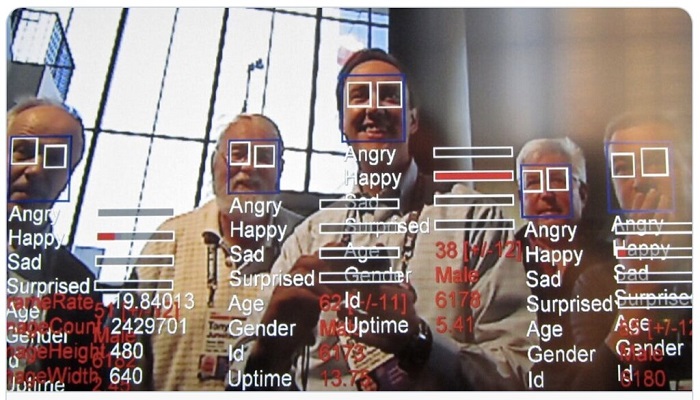The Benefits Of Deepfake Detection: Algorithms That Are More Demographic Diversity Aware
Deepfake detection improves when using algorithms that are more aware of demographic diversity.
Deepfakes – essentially putting words in someone else’s mouth in a very believable way – are becoming more sophisticated by the day and increasingly hard to spot. Recent examples of deepfakes include Taylor Swift nude images, an audio recording of President Joe Biden telling New Hampshire residents not to vote, and a video of Ukrainian President Volodymyr Zelenskyy calling on his troops to lay down their arms.
Although companies have created detectors to help spot deepfakes, studies have found that biases in the data used to train these tools can lead to certain demographic groups being unfairly targeted.
My team and I discovered new methods that improve both the fairness and the accura...









